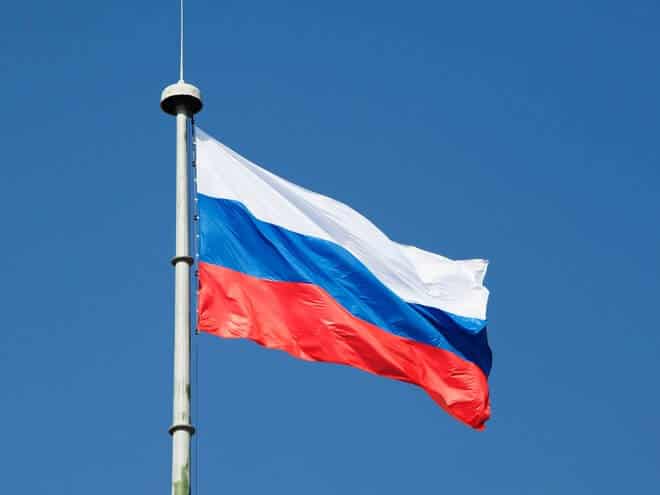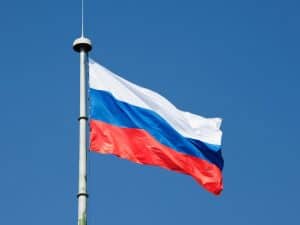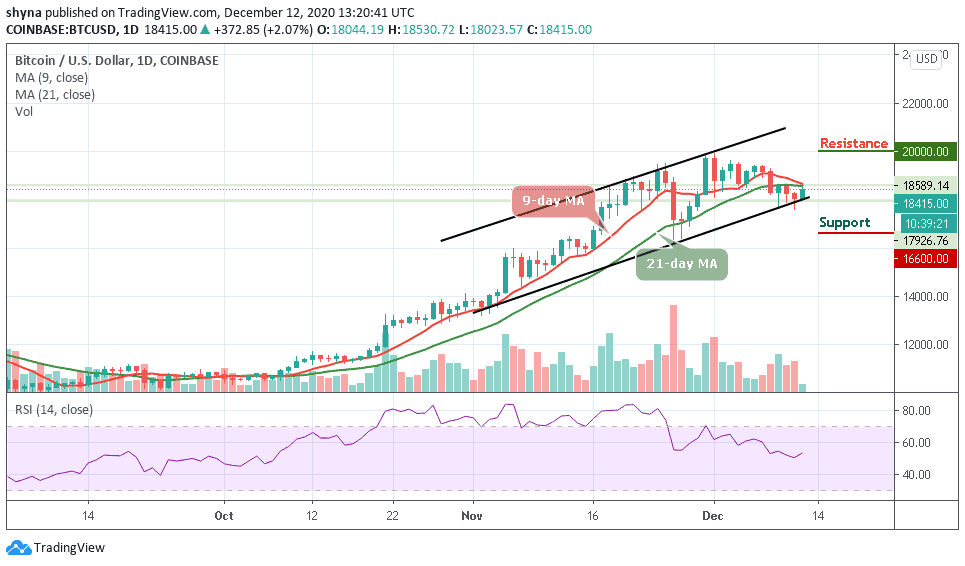Join Our Telegram channel to stay up to date on breaking news coverage
For a substantial part of 2020, the Russian government has established regulations and brought order to its crypto space. Beyond just the obligations of private individuals and firms, the laws are also stretching to government officeholders.
Time for Transparency
On Thursday, Russian President Vladimir Putin officially amended the country’s crypto guidelines, “On Digital Financial Assets,” to compel government officeholders to disclose their crypto investments. The decree stipulates that officials will need to disclose information such as the digital assets they own, the data of acquisition, and how much of the assets they own.
Government officials will also need to provide details on these assets’ issuers and their counties of registration. All affected parties can start disclosing this from January 1, 2021, and they have until June 30, 2021, to make the information known.
The decree adds that government officials will have to disclose digital assets that they own along with those owned by spouses and children.
The new development appears to be an effort to ensure full transparency. It was first announced in October by Igor Krasnov, the country’s Prosecutor-General. Following a meeting of member states in the shanghai Cooperation Organization (SCO), Krasnov explained that the move would ensure that civil servants’ crypto-asset holdings are brought under the same oversight measures as their holdings in other financial assets.
Krasnov’s ruling had upended two years of precedent, following a declaration by the labor ministry that public officials would not need to disclose their virtual asset holdings. As the Prosecutor-General explained, the previous ruling had only stood because cryptocurrencies weren’t regulated in the country at the time.
In that time, Krasnov’s office claimed to have seized over $440 million in undisclosed non-crypto assets from public officials. With the crackdown on corruption in the traditional financial space ongoing, the government will also ensure that public officials don’t take bribes in virtual currency. It especially helped that “On Digital Financial Assets” had been ratified.
Tax Requirements Getting Too Tough
While increased compliance for government officials is a significant development, Russia still has these overly stringent crypto tax requirements for individuals and businesses.
In September, Kommersant reported that the Ministry of Finance had introduced criminal liability for failure to declare taxes on digital assets. The report explained that the ministry proposed three-year prison terms or hard labor for individuals who fail to report over a million Rubles ($13,000) in annual crypto operations.
The ministry also proposed significant fines for smaller amounts. Thus, any physical or legal entity that fails to report an annual crypto income of 100,000 Rubles ($1,300) or more will pay fines of up to 30 percent of the total amount of digital assets held – up to a limit of 50,000 Rubles ($650)
Yesterday, the Committee on Blockchain Technologies and Cryptoeconomics, a crypto and blockchain advocacy group, told news sources that it would call on the government to soften its stance on regulation in the industry.
The group, which includes top executives from companies like Binance and OKEx, explained that it had sent a response to the government’s new guidelines, hoping for a reversal. It mainly took issue with the taxation and reporting requirements, adding that criminal liability was too tough a punishment for these violations.
Join Our Telegram channel to stay up to date on breaking news coverage


